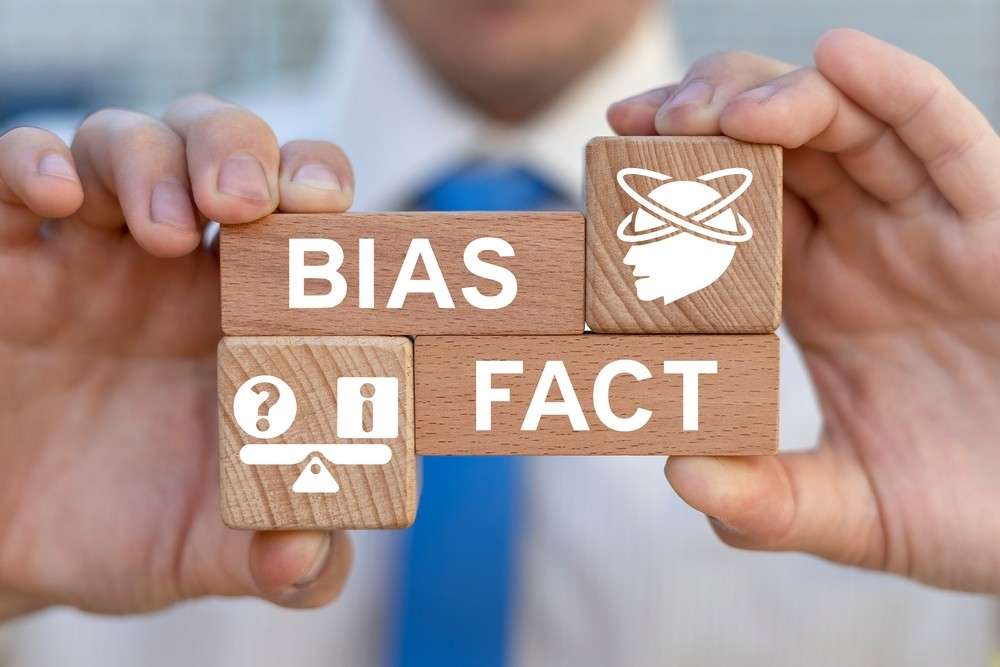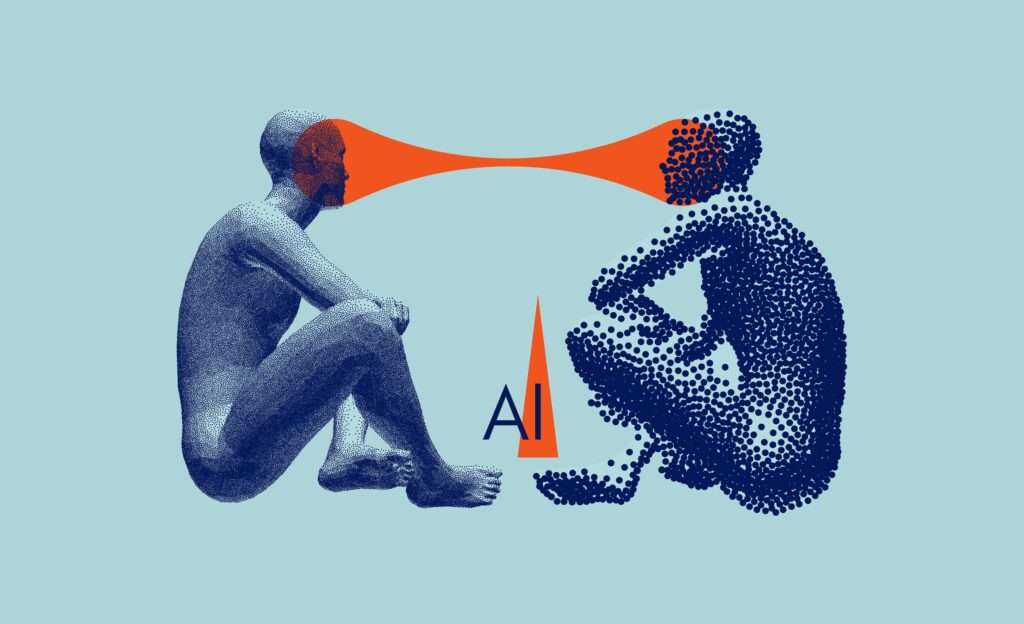Introduction:
In the world of casino gambling, it’s not just about luck and chance. Behind the spinning roulette wheels and shuffling cards, there is a fascinating realm of psychology at play. Understanding the human mind and its intricacies can give you an edge when it comes to crafting effective casino strategies. By harnessing the power of psychology, you can enhance your decision-making, manage your emotions, and influence your opponents. In this article, we delve into the realm of mind games in casino strategy and explore the psychological principles that can help you achieve better results.
One important aspect to consider in the realm of mind games in casino strategy is the strategic thinking involved in games like chess and poker. These games teach individuals to create and press advantages, have backup plans, and think sequentially. Strategic thinking is a key element in casino gambling, as it allows players to make calculated decisions and adapt to different scenarios.
Additionally, certain casino games are particularly suited for individuals with strategic minds. Games like blackjack and poker require players to develop and implement betting strategies. These games involve analyzing probabilities, reading opponents, and making strategic choices based on available information. By honing these skills, players can improve their overall chances of success in the casino.
Furthermore, understanding psychology can greatly assist in casino gambling. The ability to read and influence opponents, manage emotions, and make rational decisions is crucial in this context. Mastering the mind games of psychology can lead to improved odds and better overall results in both online casino games and brick-and-mortar tournaments.
In conclusion, delving into the realm of mind games in casino strategy opens up a world of psychological principles that can greatly enhance one’s performance. By harnessing the power of psychology, individuals can improve their decision-making abilities, effectively manage their emotions, and influence their opponents to achieve better results in the captivating world of casino gambling.
The Influence of Cognitive Biases in Casino Strategy:

The Gambler’s Fallacy:
One of the most common cognitive biases in gambling is the belief that past outcomes will affect future results. Understanding this fallacy can help you make more rational decisions based on probability rather than emotion.
This fallacy is known as the Gambler’s Fallacy. The Gambler’s Fallacy is a false belief that if an event has occurred several times in the past, it will occur less often in the future. In the context of gambling, individuals may believe that if they have experienced a series of losses, their next bet is more likely to result in a win, or vice versa.
Understanding the Gambler’s Fallacy can be crucial in making more rational decisions when it comes to gambling. Instead of relying on past outcomes as indicators of future results, it is essential to base decisions on probability and statistical analysis. Each event in gambling is independent and unaffected by previous outcomes. For example, if a coin is flipped and lands on heads ten times in a row, the probability of it landing on heads or tails in the next flip is still 50/50.
By recognizing and avoiding the Gambler’s Fallacy, individuals can develop a more objective approach to gambling. They can make decisions based on the actual probabilities and reduce the influence of emotions or false beliefs. This understanding can help in managing risks and adopting a more thoughtful and strategic approach to gambling.
In addition to the Gambler’s Fallacy, there are other cognitive biases that can affect decision-making in gambling. Outcome bias, for instance, refers to the tendency to judge the quality of a decision based on the outcome, rather than the actual decision-making process. It has been studied in gambling situations where individuals rate their gambling decisions as better or worse based on whether they won or lost.
In summary, recognizing and understanding the Gambler’s Fallacy can help individuals make more rational decisions in gambling. By focusing on probability rather than past outcomes, individuals can improve their decision-making process and reduce the influence of emotional biases.
Anchoring Bias:
This bias occurs when individuals rely heavily on the initial piece of information they receive. In a casino setting, being aware of this bias can prevent you from making irrational bets based on arbitrary starting points.
One example of this bias is called anchoring bias. Anchoring bias refers to the tendency for individuals to rely too heavily on the first piece of information they encounter, even if it is arbitrary or unrelated to the current situation. In a casino setting, this bias can influence betting decisions based on the initial starting point, such as the amount of money won or lost in previous bets.
To overcome anchoring bias in a casino setting, it is crucial to be aware of its existence and consciously make an effort to avoid being influenced by irrelevant or arbitrary information. Here are a few strategies that can help overcome anchoring bias:
1. Recognize the bias: Start by acknowledging that anchoring bias exists and can impact your decision-making. Understanding this cognitive bias can allow you to be more vigilant in evaluating information and making rational choices.
2. Gather multiple perspectives: Instead of relying solely on the initial piece of information, seek out additional data and perspectives. This can help provide a more comprehensive and balanced view, reducing the influence of the initial anchor.
3. Set predefined limits: Establish predetermined limits for your bets or financial decisions before entering a casino. This can help prevent you from being swayed by arbitrary starting points and ensure that your choices are based on rational considerations.
4. Take your time: Avoid making impulsive or snap decisions. Take your time to evaluate the available information, assess the situation objectively, and make informed choices that are not solely influenced by the initial anchor.
By being aware of the anchoring bias and implementing these strategies, you can mitigate its effects and make more rational bets in a casino setting.
Confirmation Bias:
People tend to seek out information that confirms their existing beliefs. In gambling, this can lead to selective memory, focusing only on winning bets and disregarding losses. Overcoming confirmation bias allows for a more balanced and objective assessment of your strategies.
Confirmation bias is a cognitive bias that affects individuals’ decision-making processes, leading them to actively seek out information that confirms their preexisting beliefs or opinions while ignoring or downplaying evidence that contradicts them. This bias has significant implications in various aspects of life, including gambling.
In gambling, confirmation bias can manifest as selective memory, where individuals tend to remember and emphasize their winning bets while conveniently forgetting or minimizing their losses. This biased recollection of past outcomes can distort individuals’ perception of their gambling skills or the effectiveness of their chosen strategies.
Overcoming confirmation bias in gambling is crucial for a more balanced and objective assessment of one’s strategies. By recognizing and acknowledging the tendency to focus only on winning bets, gamblers can take proactive steps to mitigate the impact of confirmation bias on their decision-making process. Here are some strategies to help overcome confirmation bias in gambling:
1. Awareness: The first step is to be aware of the existence of confirmation bias and its potential influence on decision-making. Recognize that this bias can cloud judgment and impede an objective assessment of strategies.
2. Seek diverse information: Actively seek out information that challenges and contradicts your existing beliefs or strategies. Consider different perspectives, opinions, and data points to ensure a more comprehensive and balanced view of the gambling landscape.
3. Maintain a record: Keep a detailed record of all gambling outcomes, both wins and losses. This record can serve as an objective source of information, preventing selective memory and providing a more accurate assessment of overall performance.
4. Analyze objectively: When evaluating your strategies or making decisions based on past experiences, strive for objective analysis. Focus on the overall trends and patterns rather than individual outcomes. Consider statistical data and long-term results to get a clearer picture of your performance.
5. Consult experts: Seek advice and guidance from experts or experienced individuals in the gambling field. Engaging in discussions and seeking external perspectives can help challenge your assumptions and uncover any potential biases.
By actively addressing and combating confirmation bias in gambling, individuals can make more informed and rational decisions. This allows for a more accurate assessment of strategies, potentially leading to improved outcomes and a more sustainable approach to gambling. So, remember to strive for balance, objectivity, and a clear evaluation of your gambling decisions and strategies.
Loss Aversion:
Losses typically have a greater psychological impact than equivalent gains. Understanding this bias can help you manage your risk-taking behavior and avoid chasing losses.
When faced with potential losses, humans often experience a stronger emotional response compared to the potential for equivalent gains. This phenomenon, known as loss aversion, has been extensively studied in the field of behavioral economics. The aversion to losses can lead people to make irrational decisions and engage in risky behaviors, driven by an overwhelming fear of experiencing a loss.
Understanding this bias is crucial when it comes to managing our risk-taking behavior. Recognizing the psychological impact of losses can help us develop a more balanced and rational approach to decision-making. By acknowledging our tendency to feel the sting of a loss more intensely, we can take steps to mitigate its negative effects.
One of the most important strategies to avoid chasing losses is to set clear and realistic goals. By knowing our limits and defining what constitutes an acceptable loss, we can prevent ourselves from getting caught up in a cycle of trying to recover those losses. Setting stop-loss limits, whether in financial investments or any other area of life, can help protect us from being driven solely by the fear of losses.
Another effective method is to focus on the bigger picture and think long-term. Instead of fixating on individual setbacks or losses, we should consider the overall trajectory of our endeavors. By keeping our goals and aspirations in mind, we can maintain a more rational perspective and avoid making impulsive decisions solely based on short-term losses.
Additionally, seeking support and feedback from others can provide valuable insights and emotional guidance. Talking to mentors, friends, or professionals in relevant fields can offer fresh perspectives and help us evaluate our risk-taking behavior objectively. Engaging in open discussions and actively seeking advice can prevent us from making hasty decisions driven by the emotional impact of a loss.
Lastly, it is essential to cultivate a healthy mindset toward risk and failure. Viewing losses as learning opportunities rather than personal failures can help us maintain a positive outlook, even in the face of setbacks. Accepting that losses are an inherent part of any endeavor and using them as stepping stones for growth can significantly reduce the negative psychological impact.
In conclusion, recognizing the greater psychological impact of losses compared to equivalent gains is crucial for managing our risk-taking behavior effectively. By understanding loss aversion and implementing strategies to avoid chasing losses, we can make more rational decisions, set realistic goals, and ultimately achieve long-term success.
Emotional Control and Decision-Making in Casino Strategy:

Emotions can have a significant impact on gambling decisions. Fear, excitement, and frustration can cloud judgment and lead to impulsive actions. Learning to manage your emotions and stay focused during gameplay is crucial for making rational choices.
Strategies such as deep breathing exercises, mindfulness, and setting predetermined limits can help you maintain emotional control. By recognizing and managing your emotional state, you can make more calculated and strategic decisions.
Emotional intelligence plays a crucial role in effective leadership. It involves recognizing and managing our own emotions and the emotions of others. By improving emotional intelligence, leaders can enhance their ability to make calculated and strategic decisions. Here are some strategies that can help you maintain emotional control and improve your decision-making skills:
1. Deep Breathing Exercises: Deep breathing exercises can help regulate emotions by activating the body’s relaxation response. When you feel overwhelmed or stressed, taking slow, deep breaths can help calm your nervous system and bring you back to a state of emotional balance [1].
2. Mindfulness: Mindfulness is the practice of being fully present and aware of your thoughts, feelings, and sensations. By developing mindfulness, you can become more attuned to your emotional state and better equipped to respond rather than react impulsively. This self-awareness enables you to make more deliberate and thoughtful decisions [1].
3. Setting Predetermined Limits: Setting predetermined limits refers to establishing boundaries and guidelines for yourself. It can involve creating boundaries around work hours, assigning tasks to others, or setting realistic goals. By setting limits, you reduce the likelihood of becoming overwhelmed or emotionally reactive, allowing you to make more rational decisions [1].
These strategies for maintaining emotional control are just a few examples. Emotional regulation is a broader concept that encompasses various skills and techniques to navigate and manage emotions effectively [3]. It’s important to explore and find the strategies that work best for you personally.
In summary, developing emotional intelligence and utilizing strategies such as deep breathing exercises, mindfulness, and setting predetermined limits can help leaders maintain emotional control. By recognizing and managing their emotional state, leaders can make more calculated and strategic decisions [1].
Reading and Influencing Opponents:

One of the keys to success in casino games like poker is the ability to read your opponents. Understanding their body language, facial expressions, and betting patterns can provide valuable insights into their hand strength and intentions.
Look for common tells, such as trembling hands, rapid breathing, or changes in behavior. By identifying these cues, you can make more informed decisions and potentially bluff your opponents.
Additionally, mastering the art of persuasion and social dynamics can give you an advantage at the table. Building rapport, using effective communication techniques, and manipulating the social atmosphere can influence your opponents’ decisions and tilt the odds in your favor.
Creating a Positive Mindset:

The power of positive thinking cannot be underestimated in casino gambling. A confident and resilient mindset can help you navigate through winning and losing streaks while staying focused on long-term success.
Develop affirmations and visualizations that reinforce positive outcomes. Visualize yourself making successful bets, staying composed in challenging situations, and achieving your desired results.
Overcoming fear and anxiety is crucial for making bold and strategic moves. Understand that risk is inherent in gambling, and adopting a growth mindset can help you embrace challenges and learn from both wins and losses.
Applying Behavioural Economics:

Behavioral economics studies how individuals make decisions under uncertain conditions. Understanding these principles can help you optimize your casino strategy.
Casino operators often utilize various techniques to nudge players’ behavior, such as the placement of slot machines or the design of game interfaces. Being aware of these influences can help you make more deliberate choices.
Take advantage of incentives and rewards offered by casinos. These can help shape your behavior and provide additional value for your gambling experience. However, always be mindful of their potential impact on your decision-making.
Conclusion:
In the world of casino gambling, the mind can be a powerful ally or a formidable adversary. By understanding the psychological principles at play, you can sharpen your casino strategy, improve decision-making, and gain an advantage over your opponents. From managing emotions to reading body language, and applying behavioral economics, the power of psychology can be harnessed to enhance your overall gambling experience. Remember, responsible gambling and self-control are paramount. Use these psychological insights wisely and enjoy the thrill of the game while maintaining a healthy and balanced approach.
In addition to the strategies mentioned above, understanding the psychological aspects of gambling can significantly enhance your casino experience. One important aspect to consider is the interaction between cognition and emotion in decision-making during gambling [1]. Gambling provides a unique insight into how our cognitive processes and emotions affect our decisions.
Emotions play a crucial role in gambling, and managing them effectively can make a big difference in your overall performance. It is essential to control your emotions and not let them dictate your decision-making process. Emotions such as excitement, frustration, and disappointment can cloud your judgment and lead to impulsive decision-making. Developing emotional regulation skills can help you make more rational choices and avoid irrational behavior.
Furthermore, reading body language can give you an advantage over your opponents in a casino setting. The ability to interpret nonverbal cues can provide valuable insights into the intentions and mindset of other players. Observing their behavior, facial expressions, and gestures can give you a better understanding of their confidence level, making it easier for you to adjust your strategy accordingly.
Another valuable psychological concept to consider is behavioral economics, which combines psychology and economics to explain market outcomes and anomalies [2]. In the context of gambling, understanding the principles of behavioral economics can help you identify and exploit cognitive biases and irrational behaviors that may be exhibited by both yourself and other players. This knowledge can give you an edge in making more informed decisions and predicting the behavior of other players.
Additionally, reinforcement schedules play a significant role in gambling. Most types of gambling, such as slot machines, operate on a variable ratio schedule, where people keep trying in hopes of winning big [3]. Understanding these reinforcement schedules can help you manage your expectations and approach gambling with a realistic mindset. It is crucial to recognize that winning is based on chance and not solely on skill or strategy.
Lastly, while understanding the psychological principles at play in gambling can be advantageous, it is crucial to approach gambling responsibly and with self-control. Set limits for yourself in terms of time and money spent, and know when to walk away. Maintain a healthy and balanced approach, enjoying the thrill of the game without becoming overly invested or risking more than you can afford to lose.
By harnessing the power of psychology in the world of casino gambling, you can sharpen your strategy, improve decision-making, and ultimately gain an advantage over your opponents. Use these psychological insights wisely, and remember that responsible gambling and self-control should always be your top priorities in order to have an enjoyable and fulfilling gambling experience.